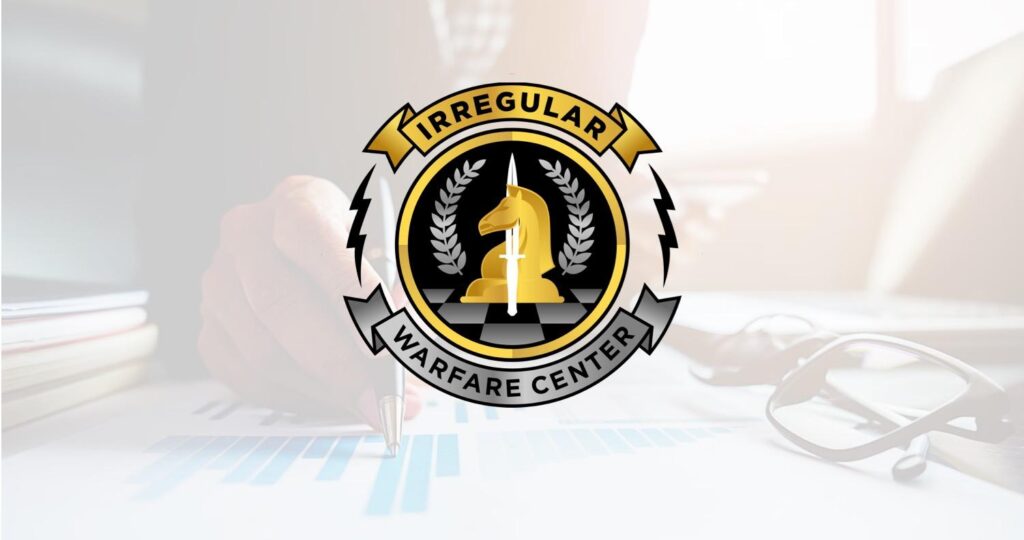In a bid to expand opportunities for Department of Defense (DOD) civilians abroad, a new house measure is aiming to abolish a restrictive rule that has long placed limits on the amount of time employees can maintain overseas assignments. This potential change could not only transform career prospects for DOD personnel but also enhance the effectiveness of operations conducted on foreign soil.
Overview of the House measure to end time limit on overseas DOD civilian jobs
The House measure aims to eliminate the current rule that restricts the amount of time Department of Defense (DOD) civilians can hold overseas positions. If passed, this bill would allow DOD civilians to work in overseas positions for an indefinite period, providing them with more flexibility and opportunities for career growth.
This proposed change could have a significant impact on DOD civilians, offering them the chance to gain valuable experience and expertise in various international environments. Additionally, it could lead to a more efficient and effective deployment of civilian personnel, benefiting both the individuals involved and the DOD as a whole. this measure seeks to enhance the professional development and job satisfaction of DOD civilians while supporting the mission of the Department of Defense.
Impact of current rule on retention of skilled personnel in overseas positions
The current rule that limits the time Department of Defense (DOD) civilians can hold overseas positions has been a major hindrance to the retention of skilled personnel in these crucial roles. This restriction has forced many experienced individuals to leave their positions prematurely, disrupting continuity and causing a loss of valuable expertise. With the proposed House measure to end this rule, there is hope for a positive impact on the retention of skilled personnel in overseas positions.
Benefits of ending the current rule:
- Increased job satisfaction and morale among DOD civilians
- Enhanced continuity and expertise in overseas positions
- Improved effectiveness and efficiency of operations
Analysis of potential benefits of lifting time limit for DOD civilian employees
Many DOD civilian employees are currently restricted by a rule that limits the amount of time they can spend in overseas positions. This rule may soon be lifted, as a new House measure aims to end this time limit. If this measure is passed, DOD civilian employees could potentially experience a variety of benefits:
- Enhanced career development: Without the constraint of a time limit, DOD civilian employees would have more flexibility to pursue long-term opportunities and projects, contributing to their professional growth.
- Increased job satisfaction: The ability to remain in overseas positions for longer periods could lead to greater job satisfaction, as employees have the chance to fully immerse themselves in their roles and the local culture.
| Benefit | Description |
|---|---|
| Broader skill set | Employees can acquire a broader range of skills by working in diverse overseas environments. |
| Stronger relationships | Extended time in overseas positions allows for the development of stronger relationships with colleagues and partners. |
Recommendations for implementing changes to overseas job regulations for DOD civilians
According to the latest House measure, there is a proposal to eliminate the rule that limits the amount of time Department of Defense (DOD) civilians can hold overseas jobs. This change aims to provide more flexibility for DOD civilians working in overseas positions, allowing them to continue their roles for an extended period.
This recommendation comes as a response to the evolving nature of overseas operations and the need for continuity in key positions within the DOD. By removing the time limit restriction, DOD civilians will be able to better contribute their expertise and knowledge to critical missions abroad. This change also aligns with the goal of enhancing efficiency and effectiveness in overseas operations for the DOD.
To Wrap It Up
the proposed House measure to end the rule limiting the time Department of Defense civilians can keep overseas jobs raises important questions about the balance between national security interests and personal career development. As the debate continues, it is crucial to consider the potential impact on both the individuals affected and the effectiveness of overseas operations. Only time will tell what the future holds for this controversial policy. Stay tuned for further developments on this issue. Thank you for reading.
